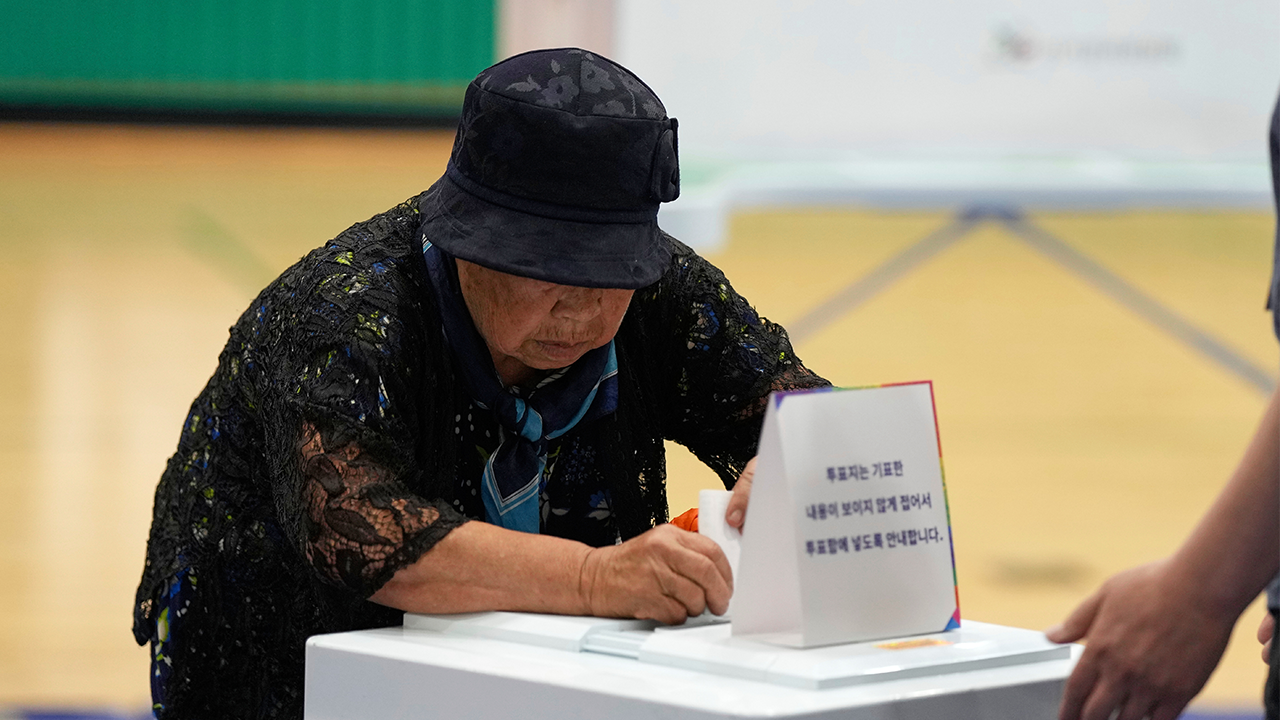Treasury Secretary Scott Bessent took a victory lap Sunday over recent inflation numbers that show a key benchmark hitting a four-year low, hailing it as vindication against the naysayers who predicted President Trump’s tariffs would cause prices to soar.
Bessent gently dinged CBS’ “Face the Nation” anchor Margaret Brennan for asking him skeptical questions in March about studies by the Peterson Institute and other groups that predicted tariffs would spur inflation.
“Margaret, when we were here in March, you said there was going to be big inflation. There hasn’t been any inflation,” Bessent shot back during an exchange about whether retailers will have less inventory or jack up prices.
On Sunday, Brennan pressed Bessent on a recent Wall Street Journal piece by famed Republican strategist Karl Rove, who ticked through the economics and math of tariffs and warned that they could cost the GOP its majorities in Congress.
“Actually, the inflation numbers are the best in four years. So why don’t we stop trying to say this could happen, and wait and see what does happen,” Bessent added about their exchange in March.
Last month, prices for consumers rose 2.3% over the year in April, down from 2.4% in March, marking the slowest year-over-year increase in over four years, according to the Labor Department’s consumer price index.
Notably, April is the month when Trump announced, then paused, much of his planned “Liberation Day” tariffs. Many economists believe that the US still hasn’t yet felt the full impact of those tariffs.
In March, during her interview with Bessent, Brennan pointed to studies warning that tariffs would put upward pressure on prices. Bessent shrugged off one of those studies, from the Peterson Institute, as “alarmist.”
During that interview, Bessent defended the Trump administration’s announcement of an affordability czar who would look at the “five or eight areas where this administration can make a big difference for working-class Americans.”
On Sunday, the Treasury secretary also praised the Trump administration’s progress in bringing down prices for energy, eggs and food. He also cited a South China Morning Post story, which found that Chinese suppliers could have to eat up to 66% of the tariff costs.
Bessent also clarified that the Trump administration is seeking to “de-risk” from China with its push for a new trade arrangement with Beijing. Last week, Bessent acknowledged that deliberations with China have been “a bit stalled.”
“What we are trying to do is to de-risk. We do not want to decouple Margaret, but we do need to de-risk, as we saw during COVID, whether it was with semiconductors, medicines, the other products we are in the process of de-risking,” Bessent explained.
“What China is doing is they are holding back products that are essential for the industrial supply chains of India, of Europe, and that is not what a reliable partner does.”














